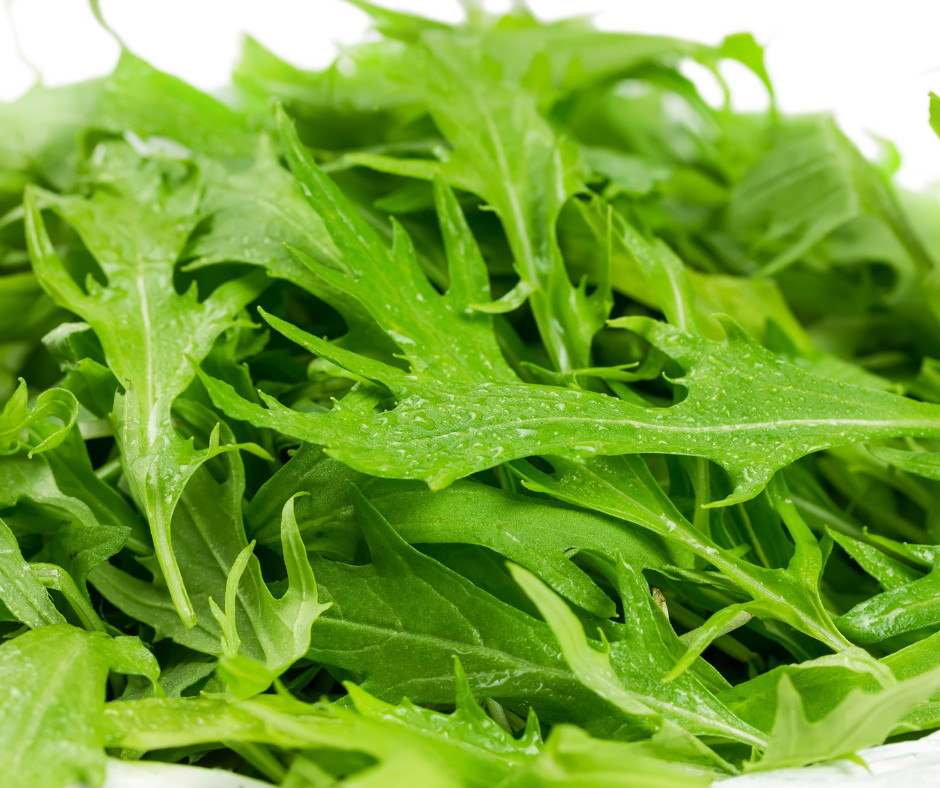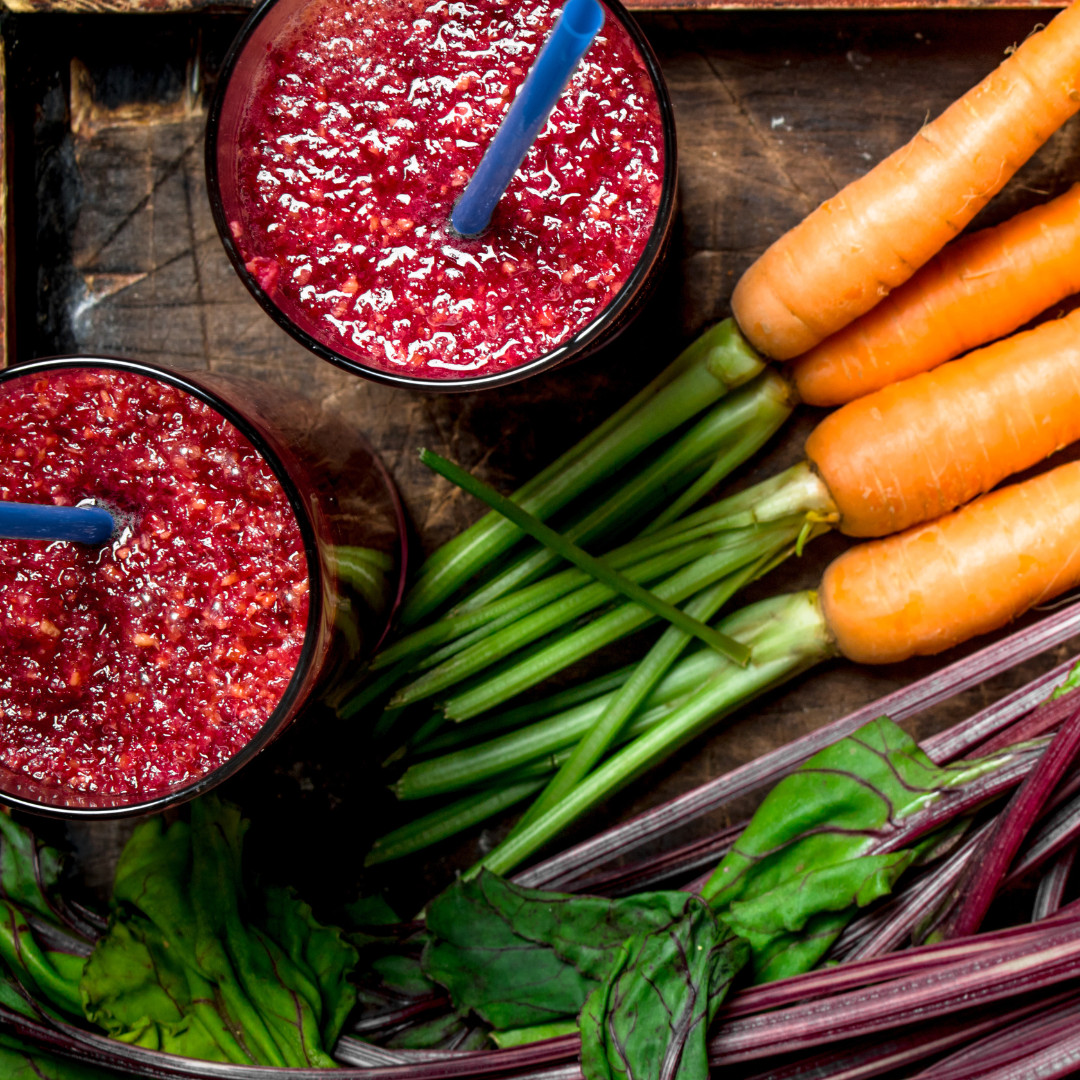
The eyes are especially susceptible to lifestyle and environmental stressors. They have a higher level of oxidative stress and free radical activity than any other organ. Vision loss and eye disorders, are all ultimately caused by the process of oxidative damage. Oxidative damage can cause problems with blood reaching the eyes. Antioxidants protect healthy cells in the eyes, and reduce inflammation. Chronic inflammation is is associated with cardiovascular disease, diabetes, poor brain health, and vision problems. Living a healthy lifestyle that includes exercise, good sleep, drinking plenty of pure water, minimal stress, and a healthy diet goes a long way towards overall good health, and supports eye health as well. Here are some other things you can do to keep your eyes healthy.
Eye Protection
You can physically protect your eyes by wearing safety goggles during home improvement projects and contact sports, and water goggles when swimming. Wearing anti-glare sunglasses outside midday during times of peak UV intensity is important, even in the winter if it’s sunny outside. Wearing blue light blocking glasses is helpful if you are spending a lot of time using computer monitors, tablet screens, and your smartphone. Spending too much time on the screens of your devices is incredibly tiring for your eyes. Other sources of blue light include fluorescent light, LED light, and flat screen LED televisions. Research has shown that blue light may have long-term negative effects, including premature aging of your eyes. Besides blue light blocking glasses, you might want to consider using full-spectrum bulbs during the day. In addition, there are light bulbs that are designed to not disturb your sleep. These are especially helpful in lamps used for reading.
Rest Your Eyes
If you work in front of a computer screen or spend a lot of time reading, give your eyes frequent breaks. Look up from the computer or whatever you’re reading at least once every 15 minutes. Blink frequently, particularly when looking at computer or phone screens to keep your eyes moist. Let your eyes focus on something that is at a different distance. For example, focus on a tree outside the window for at least 30 seconds. This adjustment in focus and relief from close screens or reading gives your eyes a break and can reduce eye strain.
Appropriate Lighting
Eye strain and fatigue can also be caused when lighting conditions are not ideal. Whether it’s too bright or too dim, your eyes may need to strain to see properly. To keep your eyes healthy, keep light brightness and placement in a range that allows you to have your eyes comfortably open without them squinting or watering.
Vision Exercises
To keep your eyes healthy, you may want to exercise the muscles in your eyes just like you do the rest of your body. When your eye muscles get weak due to overuse, you cannot see as clearly. Exercising your eyes is just like exercising your arms and legs. Your muscles will get stronger, you’ll have more stamina, and you’ll be less likely to develop further vision impairment due to eye strain.
An exercise call called palming, is simple and can help relieve eye strain and stress. Simply warm the palms of your hands up by rubbing them together, and place then over your eyes. You may find palming helpful during a break from screen time or the television. Another exercise involves changing your focus from near objects to far objects. Because it’s so easy, this exercise can be done anywhere. The figure 8 exercise involved looking about ten feet in front of your eyes and tracing the number eight laying it's side. Do this for two minutes and then reverse direction for two minutes. You my be surprised by how tired the muscles around your eyes get.
Healthy Diet and Supplements
Diabetes, heart disease and many other conditions that can lead to poor vision can improve with a healthy diet. Although dietary needs change depending on your particular health concern, diets high in vegetables and low in processed foods are fairly consistent recommendations. Most people should also minimize fatty meats, added sugar and simple carbohydrates, and foods that have limited nutritional value. Some of the foods that contain compounds known to support eye health are:
- Green leafy vegetables and eggs contain lutein and zeaxanthin
- Citrus fruits and many vegetables contain vitamin C
- Eggs, cold-water fish, nuts and olive or flaxseed oils contain healthy Omega-3 fatty acids
- Green leafy vegetables, beef and legumes contain zinc
- Sweet potatoes and nuts contain vitamin E
If you want to make sure you are getting enough of the nutrients that support eye health, you can take a supplement. Studies have found various dietary supplements to help with eye health. However, not all eye problems can be prevented or improved with supplements.
Did this help you? If so, I'd greatly appreciate it if you commented and/or share it on social media.

Email: sharonledwards@hotmail.com
Facebook: https://www.facebook.com/sharonledwardsbiz/

















0 Comments